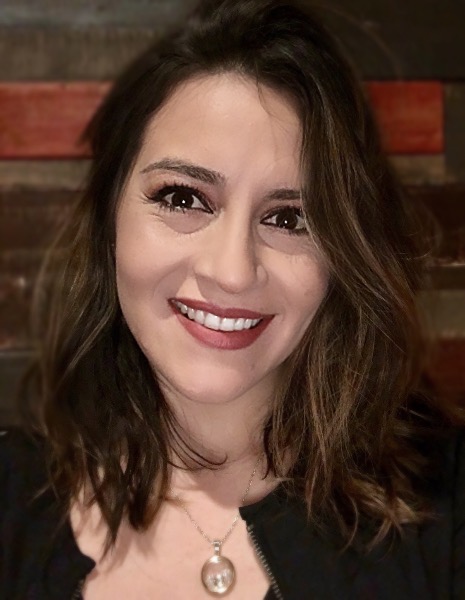Diversity has been a widely discussed topic and it is a term with several meanings that answer to different contexts. The concept of diversity encompasses acceptance and respect and implies that each individual has a place and a voice that is heard. According to UNESCO (Jérez, n.d.), public policies in education are responsible for turning diversity into an element of understanding and social inclusion. It also states that the Latin American context is in need of policies inclusive of cultural diversity, in particular of the culture of native peoples.
Cultural diversity has been a recurrent theme among music educators because it is considered a source of pluralism and social cohesion. UNESCO, through the Seoul Agenda (2010), recognizes that arts education plays a crucial role in the constructivist transformation of educational systems, fosters peace, intercultural understanding, and a way for post-industrial economies to develop creative and adaptable work mindsets. This perspective has promoted the development of teaching and research practices within the arts focused on inclusive agendas that foster coexistence and the acquisition of knowledge based on respect, acceptance, and interactions.
The full report in English is below.
La diversidad en la educación ha sido un tema ampliamente discutido y es un término que tiene varios significados y responde a contextos diferentes. El concepto de diversidad engloba aceptación y respeto, e implica que cada individuo tiene un lugar y una voz que es escuchada. De acuerdo con la UNESCO (Jérez, n.d.), las políticas públicas de educación tienen la responsabilidad de convertir a la diversidad cultural en un elemento de entendimiento y de inclusión social. Además, se plantea que, en el contexto latinoamericano se necesitan políticas educativas que consideren la diversidad cultural, en particular la diversidad étnica de pueblos originarios.
La diversidad cultural ha sido un tema recurrente dentro de la educación musical pues es vista como una fuente de pluralismo y cohesión social. La UNESCO, por medio de la Agenda de Seúl (2010), reconoce que la educación artística desempeña una función esencial en la ‘transformación constructiva de los sistemas educativos, y que además fomenta la paz, el entendimiento intercultural, y también es una forma de desarrollo para que economías posindustriales tengan una disposición laboral creativa y adaptable a distintas realidades. Esta preocupación por la inclusión a la diversidad latinoamericana ha fomentado el desarrollo de prácticas docentes e investigativas dentro de las artes, que busquen agendas inclusivas y apegadas a la promoción de modelos de convivencia cultural, de aprendizaje y de desarrollo de saberes basados en el respeto, la aceptación y las interacciones que se enriquecen de lo distinto.
The full report in Spanish is below.
Thank you to Johanna Abril for this report and Ana-Lucia Frega for her support in producing it. Thanks also must go to the NAMM Foundation, Universidad Nacional del Nordeste and Facultad de Artes, Diseno y Ciencias de la Cultura.












